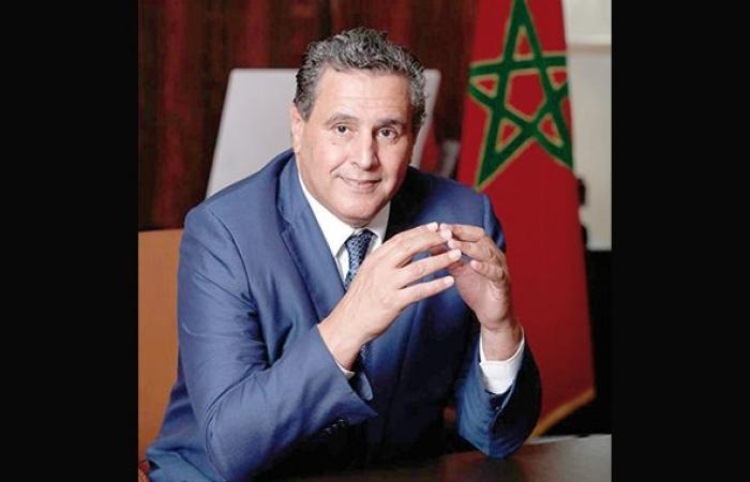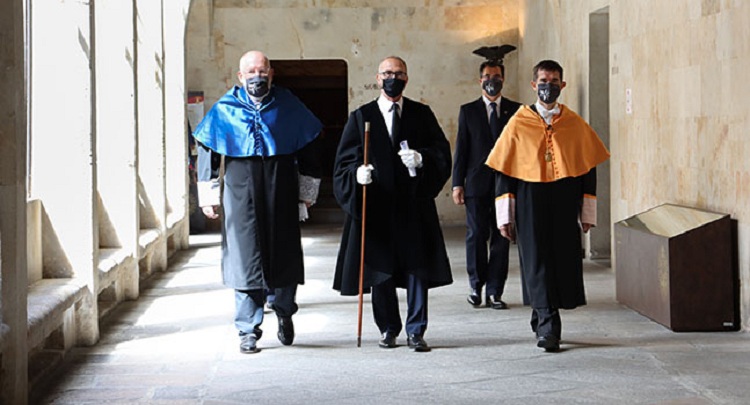Luis Ayllón
The Spanish government is closely monitoring the change of prime minister in Morocco, following the results of the country’s legislative elections, which have led to the collapse of the Islamist Justice and Development Party (PJD) and the rise of parties close to Mohamed VI, diplomatic sources told The Diplomat.
The fall of the moderate Islamists who have been in the government for the last decade leaves the monarch’s hands free to appoint his personal friend and billionaire Aziz Akhannouch as prime minister. The current Minister of Agriculture has led the National Regroupment of Independents (RNI), the big winner of the elections with 97 seats, and could head a coalition government in which the other main pillar would be the Authenticity and Modernity Party (PAM), with 82 seats and also very close to Mohammed VI.
In principle, the change of prime minister does not appear to be a determining factor in the future of relations with Spain, although the proximity to the Royal Palace may make things less complicated than when the government was headed by moderate Islamists, of whom the king has always been wary.
In any case, it is very likely that until the new government is formed, there will be no progress in the reconciliation process announced by Mohammed VI, with which he considered the crisis provoked in April by the “Ghali affair” to be over.
One of the first elements that could signal the opening of this new stage in relations that the Alaouite monarch spoke of would be the return to Madrid of the Moroccan ambassador, Karima Benyaich, who was recalled for consultations after Spain received the leader of the Polisario Front, Brahim Ghali, in a hospital in Logroño. Some media in the neighbouring country announced some time ago the imminent arrival of the ambassador, but this has not taken place and some sources believe that Mohammed VI could decide to ask for the approval of someone else, among other reasons, because Karima Benyaich maintained a very hardline position towards Spain when the crisis occurred.
Another event that would give visibility to the Spanish-Moroccan reconciliation would be the visit to Rabat of Foreign Minister José Manuel Albares, chosen by Prime Minister Pedro Sánchez to replace Arancha González Laya, whom the Moroccans considered to be mainly responsible for the incident with Ghali.
This visit, which is expected in Morocco, could be delayed for some time yet, at least until a new government is formed in the Maghreb country, although this would not necessarily imply a change of foreign minister, since the heads of this portfolio are chosen directly by the King.
In any case, the foreign ministry, starting with the minister himself, has opted to maintain discretion in everything that affects relations with Morocco, and is awaiting the steps that Rabat might take.







